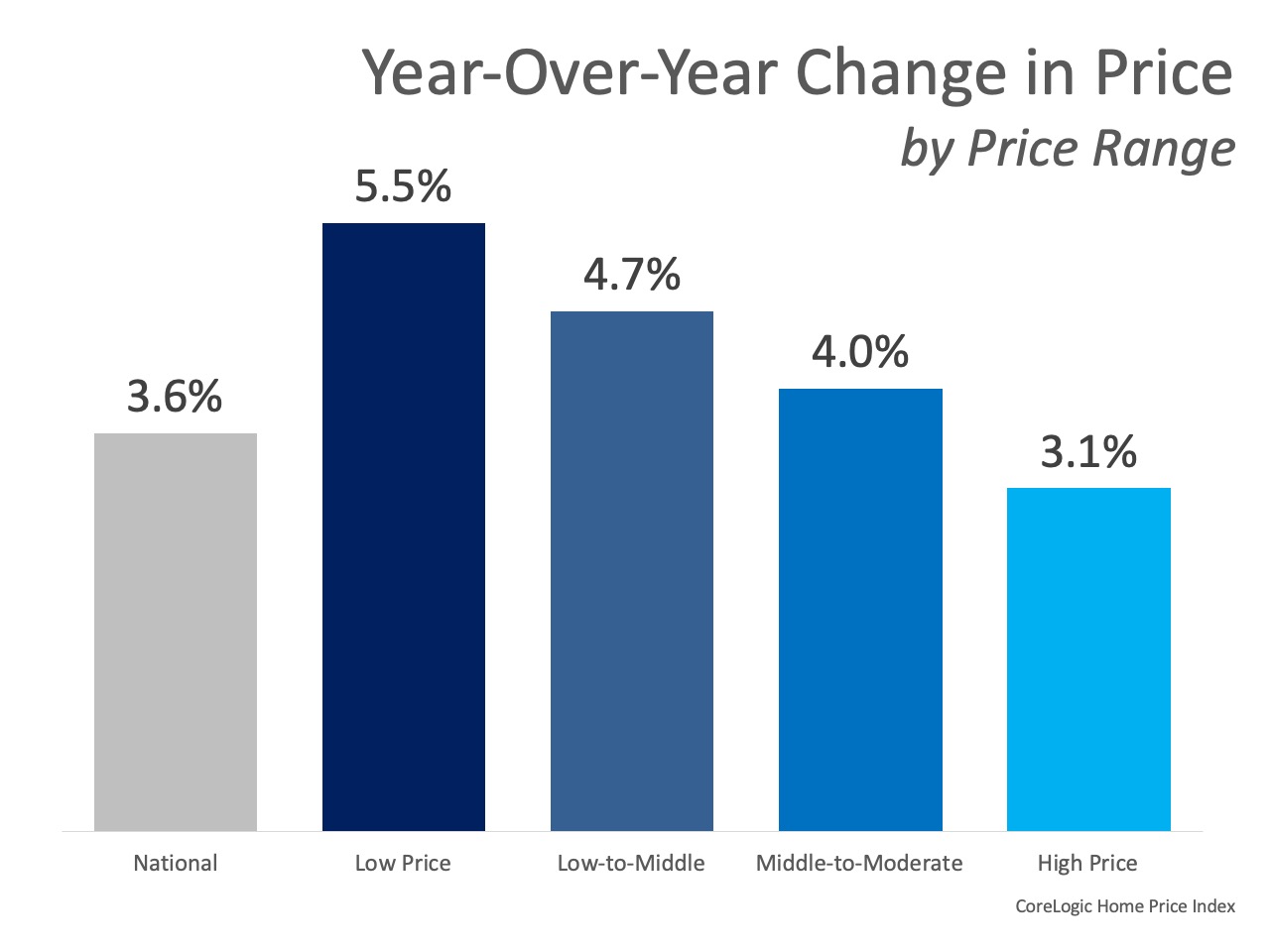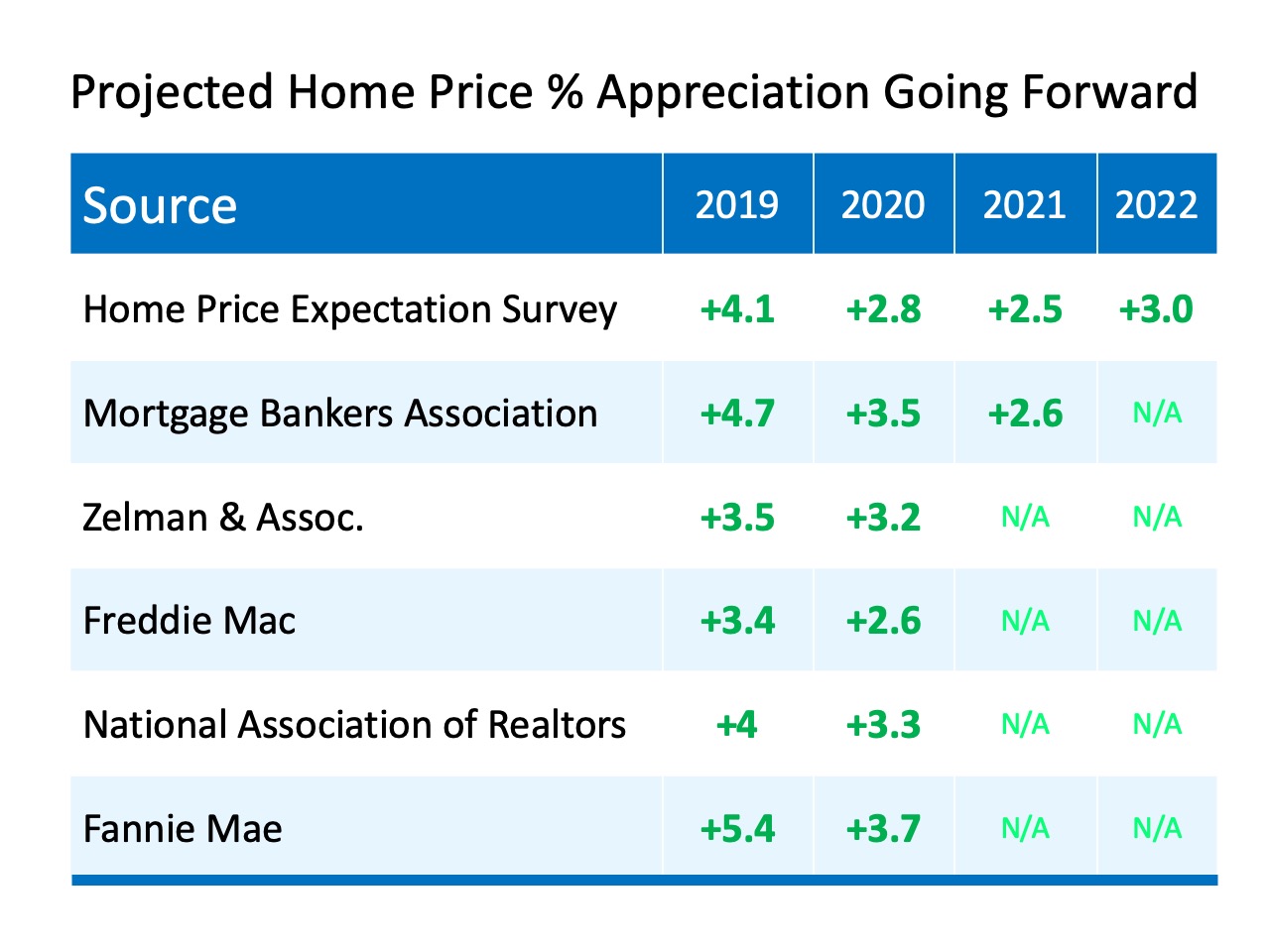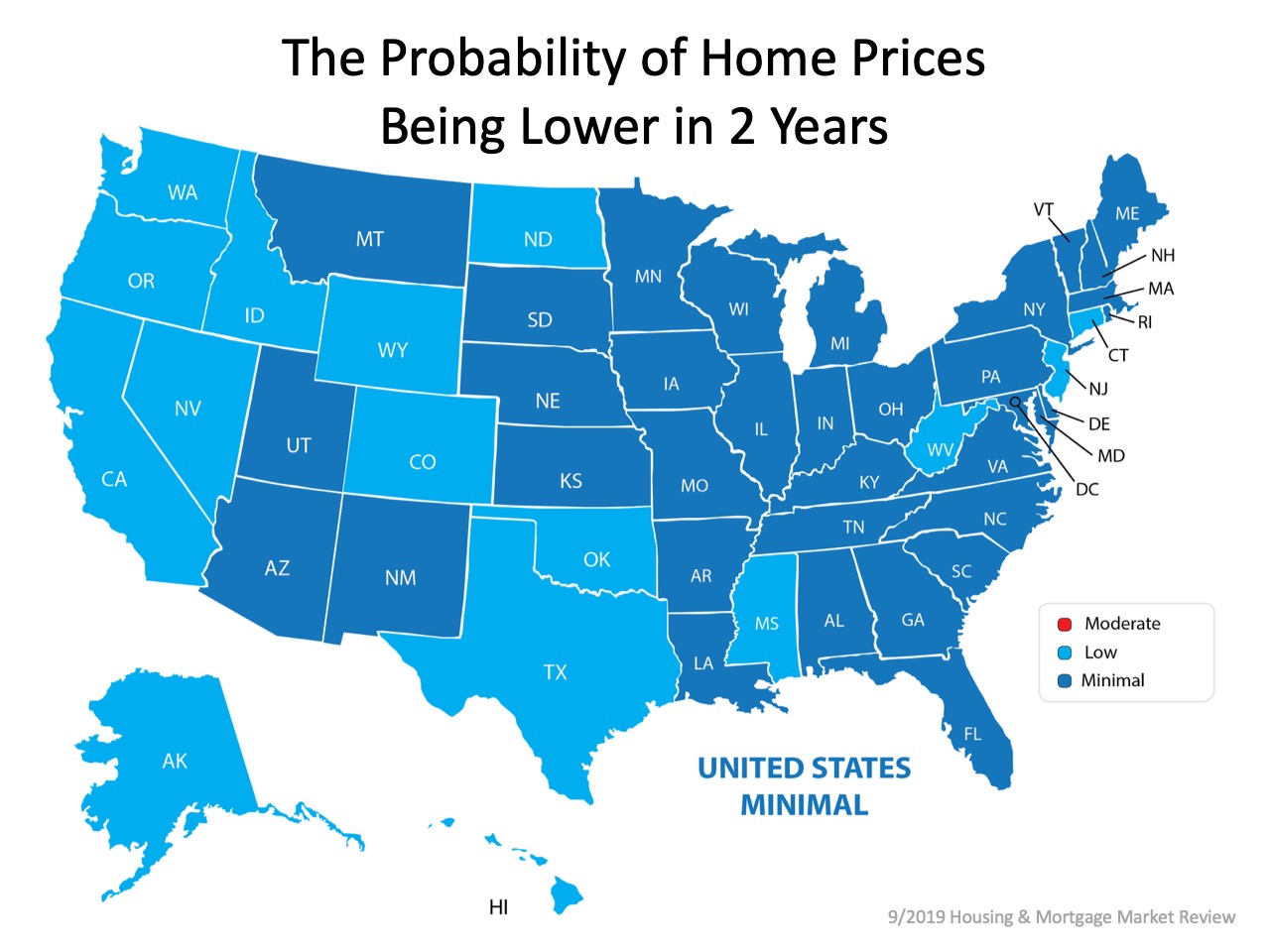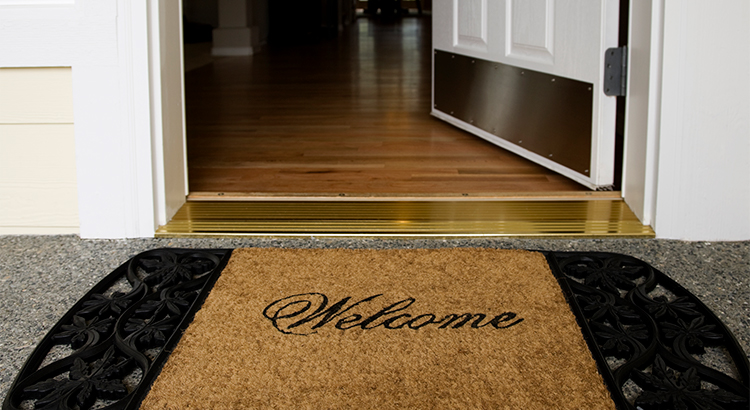What Buyers Need to Know About HOAs

When searching for a home, you may end up selecting a property in a community with a Homeowners Association (HOA). Before you buy, it’s important to know how an HOA works and what they mean for you.
According to a recent article on realtor.com,
“In a nutshell, an HOA helps ensure that your community looks its best and functions smoothly…The number of Americans living in homes with HOAs is on the rise, growing from a mere 1% in 1970 to 25% today, according to the Foundation for Community Association Research.”
An HOA is governed by a board nominated by those living in the neighborhood. It is designed to make sure the residents have a support structure to maintain the value of the community while abiding by a set of guidelines called Common Restrictive Covenants (CC&R),
“Simply put, CC&Rs are just the rules you'll have to follow if you live in that community. Unlike zoning regulations, which are government-imposed requirements on how land can be used, restrictive covenants are established by HOAs to maintain the attractiveness and value of the property.”
It's important for homeowners to understand that each HOA is a little different, and they usually have monthly or quarterly fees required for homeowners. These fees can vary based on property size, number of residents, amenities, and more. There may be additional fees charged to homeowners if the reserve fund for the HOA cannot cover a major or unexpected cost, like severe storm damage.
The fees, however, also help maintain common areas such as swimming pools, tennis courts, elevators (for high-rise buildings), and regular wear and tear. Although they are an added cost to the homeowner, an HOA can be a major benefit when it comes to maintaining the value of your neighborhood and your property.
The same article continues to say,
“After your offer to buy a home is accepted, you are legally entitled to receive and review the community's CC&Rs over a certain number of days (typically between three and 10)…If you spot anything in the restrictive covenants you absolutely can't live with, you can bring it up with the HOA board or just back out of your contract completely (and keep your deposit).”
Most lenders will factor your HOA fees into your loan package, ensuring the amount of the loan is appropriate for what you can truly afford.
There are some great benefits to having an HOA oversee your neighborhood, and it’s important to understand what fees, structures, and regulations will come into play if there is an HOA where you’d like to live.
Bottom Line
When you’re looking at a potential property to buy, let’s get together so you have a professional who can help you understand the neighborhood’s HOA structure and fees. This way, you’ll feel confident and fully informed when buying a home.







